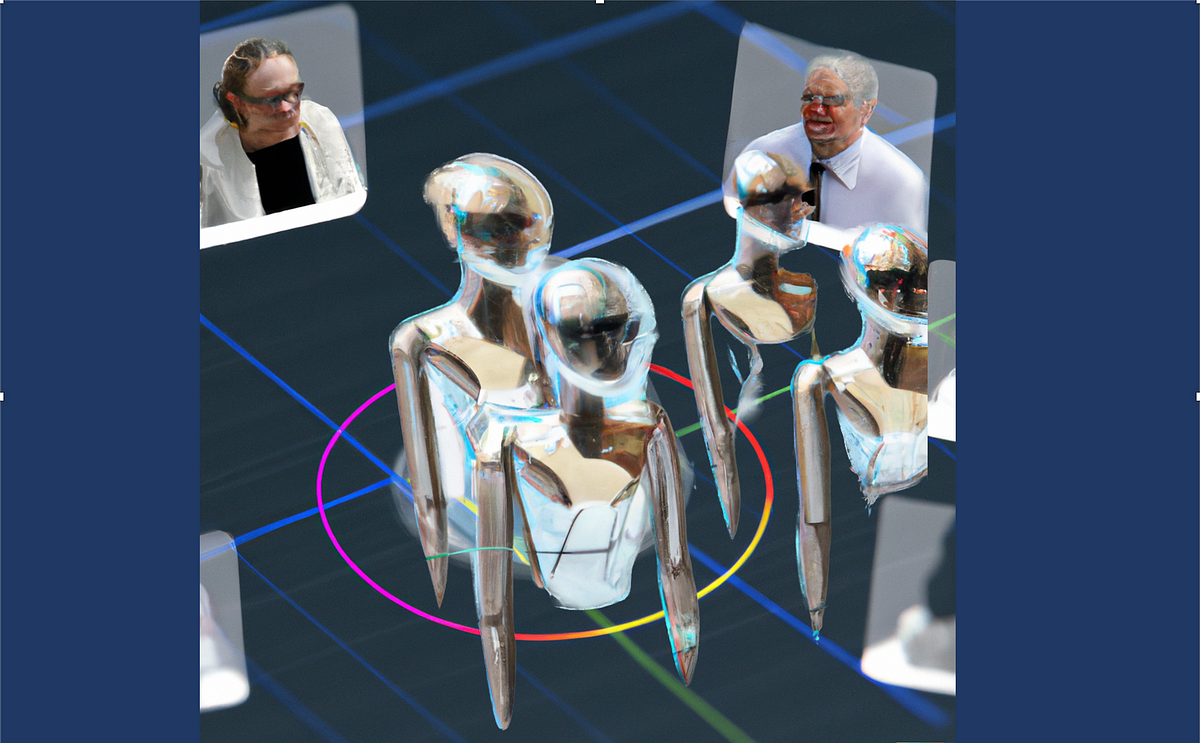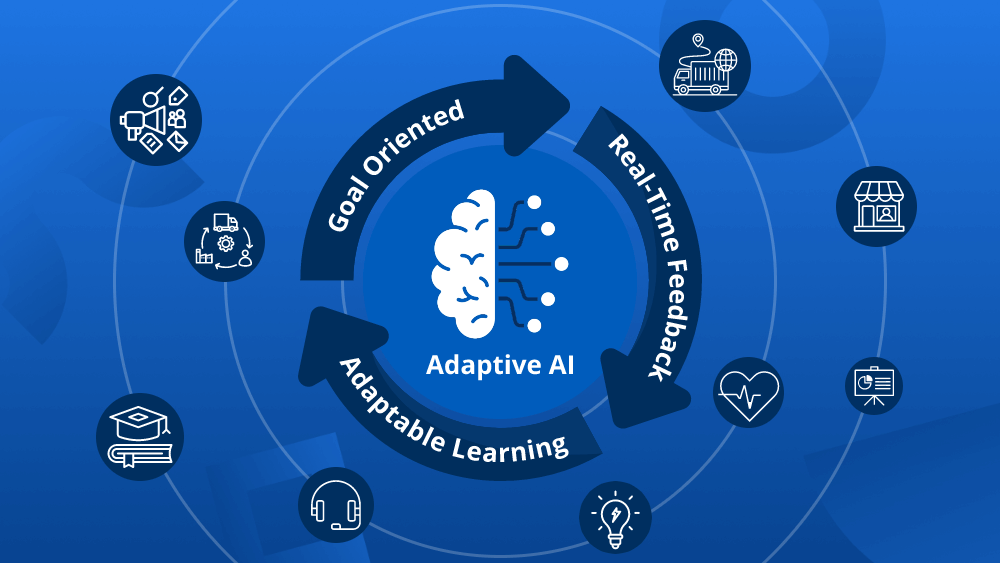The emergent promise of Artificial Intelligence is its ability to gain mastery over massive flows of constant data, distill findings, identify opportunities, and make recommendations. In applications such as autonomous cars, AI will go beyond recommendations and take immediate and ongoing actions based on continuous information streams.
With the exponential growth in computer processing power and advanced algorithms, affordable AI will initially take hold in business, science, and medicine. Eventually, the impact of AI on all aspects of society will be limitless. As promising as the future of artificial intelligence may seem, the true power of AI may not be the ability to crunch enormous amounts of data at whirlwind speeds but rather its ability to incorporate a broad range of cross-discipline data sources.
The focus on learning and incremental knowledge is highly specialized in the most advanced research and development areas. These research areas have become narrowly defined and highly concentrated around succinct sectors. Historic advancements and breakthroughs are occurring in isolated tunnels that continue to branch out into ever-narrowing channels of knowledge.
We are approaching a period that Nobel Prize winner Nicholas Butler once said — “An expert is one who knows more and more about less and less until he knows absolutely everything about nothing”. This extreme level of detailed progress limits the cross-disciplined application of findings and hinders collaboration and the sharing of critical knowledge.
For example, patients who visit their General Practitioner with a sore knee will likely be prescribed rest, ice, and some aspirin. If the same patients go to an orthopedic specialist, the patient could be prescribed orthotics. A Nutritionist might recommend an anti-inflammatory diet. Patients may get acupuncture and prescribed yoga or other stress-reducing exercises by a doctor trained in Eastern Medicine. A surgeon focusing on the same symptoms might perform X-rays, ultrasound, or an MRI in search of a structural repair prognosis.
Each specialist prescribes a safe and sound remedy to the problem closely aligned with their educational background and expertise. The bias of applying one’s specialty is not limited to the medical area but is common in all areas of problem-solving. What gets lost in these specializations is the application of the sum of all knowledge applied in a holistic approach. Even when cross-disciplined teams are assigned to work on a problem, there are often personality, style, and approach conflicts. Seldom do these teams develop a plan that optimally integrates all the fields of study into a new cohesive innovation.
Genuine approaches that integrate across disciplines can be empowering and bring new thinking to the world. The bestselling biographer Walter Isaacson, who has written books on Albert Einstein, Benjamin Franklin, Steve Jobs and most recently Leonardo Da Vinci, sees the power of cross-discipline study as the key to these accomplished thinkers and creators. “The ability to make connections across disciplines — arts and sciences, humanities and technology -is key to innovation, imagination, and genius.” [i] As significant as these thought leaders were to advancing ideas and progress, this occurrence of cross-disciplined genius in humans appears once or twice in a century.
This integration of seemingly unrelated disciplines can have a transformational impact on a solution. When creating the Macintosh, Steve Jobs tapped into his knowledge of fonts from an unrelated calligraphy class he took before dropping out of Reed College. Thomas Phinney, a senior product manager for fonts and typography at Extensis, says “What Jobs did with the Macintosh was not just revolutionize digital typography — that would have happened sooner or later. The unique thing he brought to it was the democratization of digital type. Jobs brought font menus to the masses, introducing not just experts but average consumers to individually designed lettering. The idea that the average person on the street might have a favorite font was a radical thing.” [ii]
The real promise of AI is that it could incorporate all forms of data regardless of the range of study. AI would do so without bias toward one discipline and would not be limited to just a couple of specific proficiencies but rather deep domain knowledge across limitless fields of study. Futurists Watts Wacker and Ryan Matthews explain in the book The Deviants Advantage that true innovation in an area often develops at the fringe of a specific discipline and can often be considered “Deviant Behavior.” [iii] AI will not be sensitive to the social pressure of staying within the lines to solve a problem and will merge unrelated disciplines without hesitancy to form new ideas.
AI’s power to bring an unbiased integration and deep knowledge of multiple disciplines has proven to demonstrate breakthrough thinking in playing the ancient game Go against a human expert. As two technology reporters, Joon Ian Wong and Nikhil Sonnad point out in Quartz, Google’s Artificial Intelligence agent won the game Go over the world’s grandmaster by “defying a millennia of basic human instinct and approaching the game differently than any human. The AI also came up with entirely new ways of approaching a game that originated in China two or three millennia ago…” [iv].
In the context of business, the cross-disciplinary nature of AI can also serve to break down information and cultural silos that often exist. By gathering data from diverse departments and functional areas, AI can provide a unified view of the organization and its operations. This cross-company lens not only aids in better decision-making by providing a more comprehensive understanding of the business landscape but also fosters collaboration and shared understanding among different teams. By breaking down these silos, AI can serve to create a more integrated, efficient, and cohesive corporate culture, driving rapid innovation and growth in the process.
The capacity of AI to go broad and deep across limitless knowledge will be like applying a cross-discipline group of the world’s greatest geniuses to diagnose a patient, solve a humanitarian crisis, or plan an individual’s day. While many of Artificial intelligence’s discussions, goals, and aspirations are to mimic human thought, AI’s absolute power and long-term contribution is that it will not think like an individual.
[i] Leonardo Da Vinci by Walter Isaacson
[ii] https://www.digitaltrends.com/apple/steve-jobs-the-godfather-of-fonts-as-we-know-them
[iii] The Deviant’s Advantage: How Fringe Ideas Create Mass Markets by Ryan Mathews and Watts Wacker
[iv] https://qz.com/639952/googles-ai-won-the-game-go-by-defying-millennia-of-basic-human-instinct/


